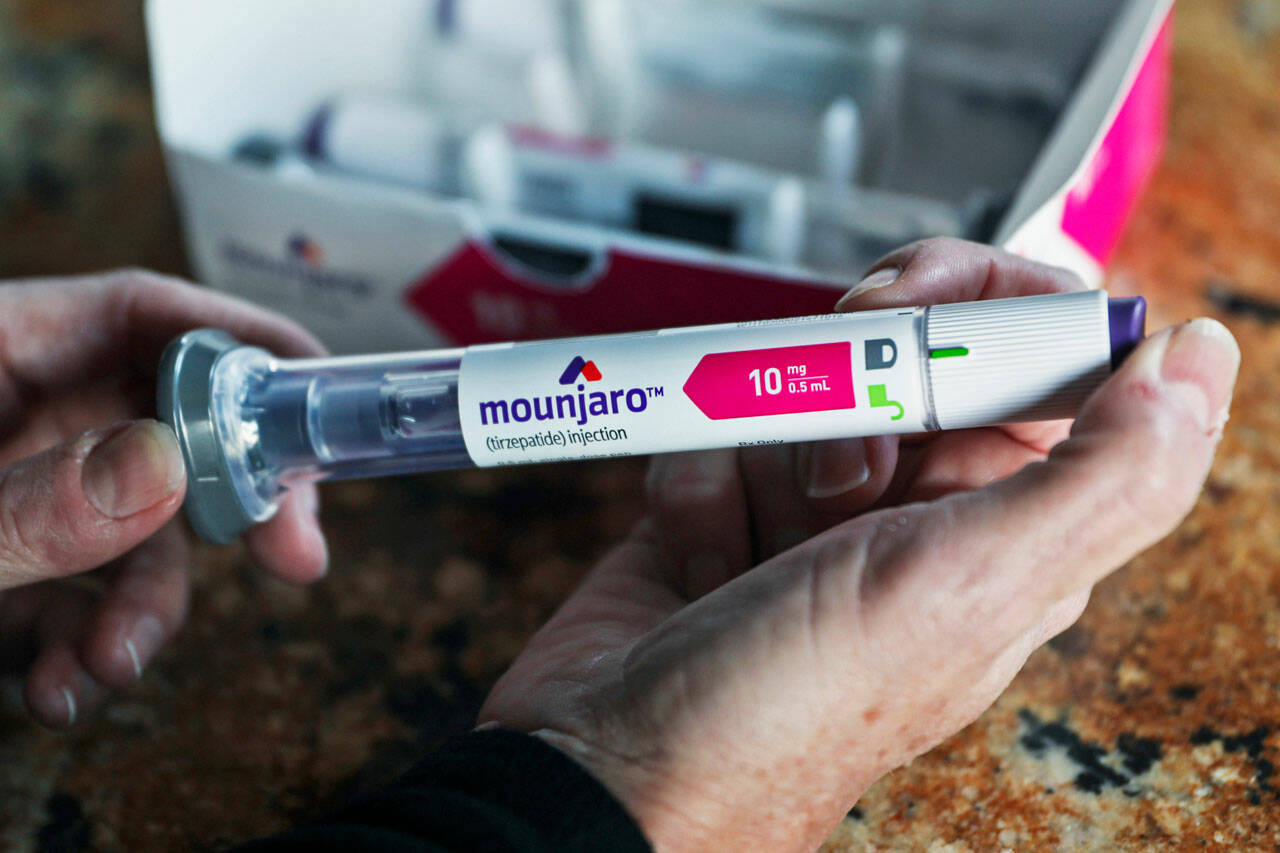Why Pilates Is Important For A Flexible Body?

Pilates is important for promoting a flexible body for several reasons:
- Focus on Core Strength: Pilates places a strong emphasis on strengthening the core muscles, which include the abdominals, obliques, lower back, and pelvic floor muscles. A strong core provides stability and support to the spine and helps improve posture, allowing for better alignment and flexibility throughout the body.
- Full-Body Workout: Pilates exercises target multiple muscle groups simultaneously. It engages not only the core but also the muscles in the arms, legs, and back. This comprehensive approach to exercise helps to evenly develop and lengthen the muscles, contributing to increased flexibility.
- Controlled Movements: Pilates exercises involve controlled and deliberate movements that emphasize precision and proper form. This control enables individuals to stretch and lengthen their muscles safely, avoiding overstretching or injury while improving flexibility.
- Improved Range of Motion: Regular Pilates practice can help increase joint mobility and range of motion. By moving through a full range of motion during exercises, you can gradually improve flexibility in various parts of the body.
- Mind-Body Connection: Pilates promotes a strong mind-body connection, encouraging individuals to become more aware of their body’s sensations and alignment. This heightened awareness can lead to improved flexibility as you learn to release tension and tightness in specific areas.
- Stretching and Lengthening: Many Pilates exercises incorporate stretching and lengthening movements that target specific muscle groups. This stretching helps release muscle tension and can lead to greater flexibility over time.
- Balance and Posture: Pilates exercises emphasize balance and proper alignment, which are essential for flexibility. When your body is well-aligned, it’s more likely to move with ease and be less prone to injury, contributing to improved overall flexibility.
- Breath Control: Pilates emphasizes coordinated breathing with movement. Proper breathing techniques can help relax muscles, enhance oxygen flow to muscles, and improve flexibility by reducing muscle tension.
- Progression and Variation: Pilates programs can be adapted to suit different levels of flexibility, from beginners to advanced practitioners. As your strength and flexibility improve, you can gradually increase the difficulty of exercises to continue challenging your body.
- Injury Prevention: By strengthening muscles, improving joint mobility, and promoting proper body mechanics, Pilates can help prevent injuries related to inflexibility and poor posture.
In summary, Pilates is important for a flexible body because it combines strength, balance, controlled movement, and a mind-body connection to create a holistic approach to fitness that fosters flexibility, among other benefits. Regular Pilates practice can lead to increased range of motion, improved posture, and enhanced overall flexibility, making it a valuable addition to a well-rounded fitness routine.




